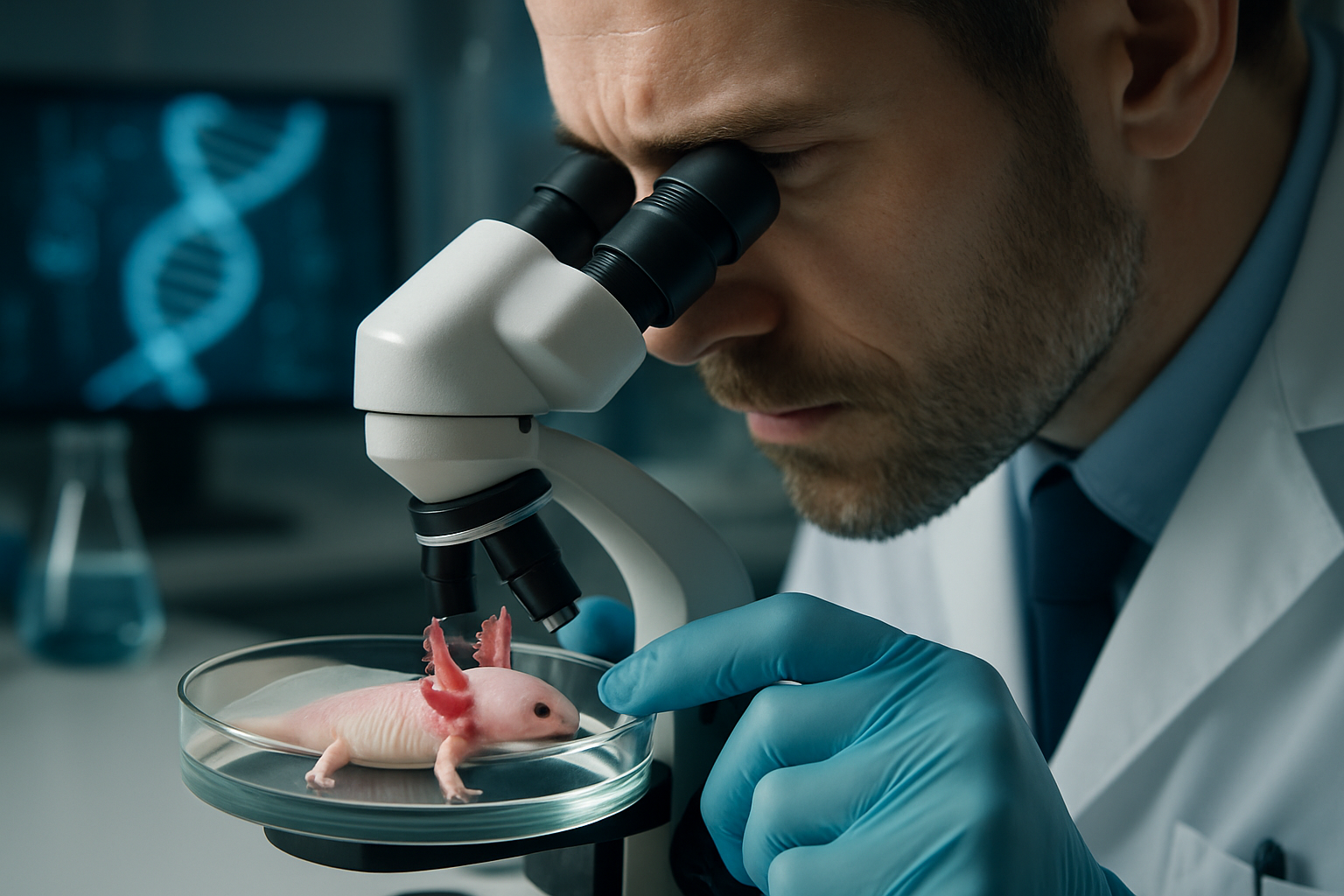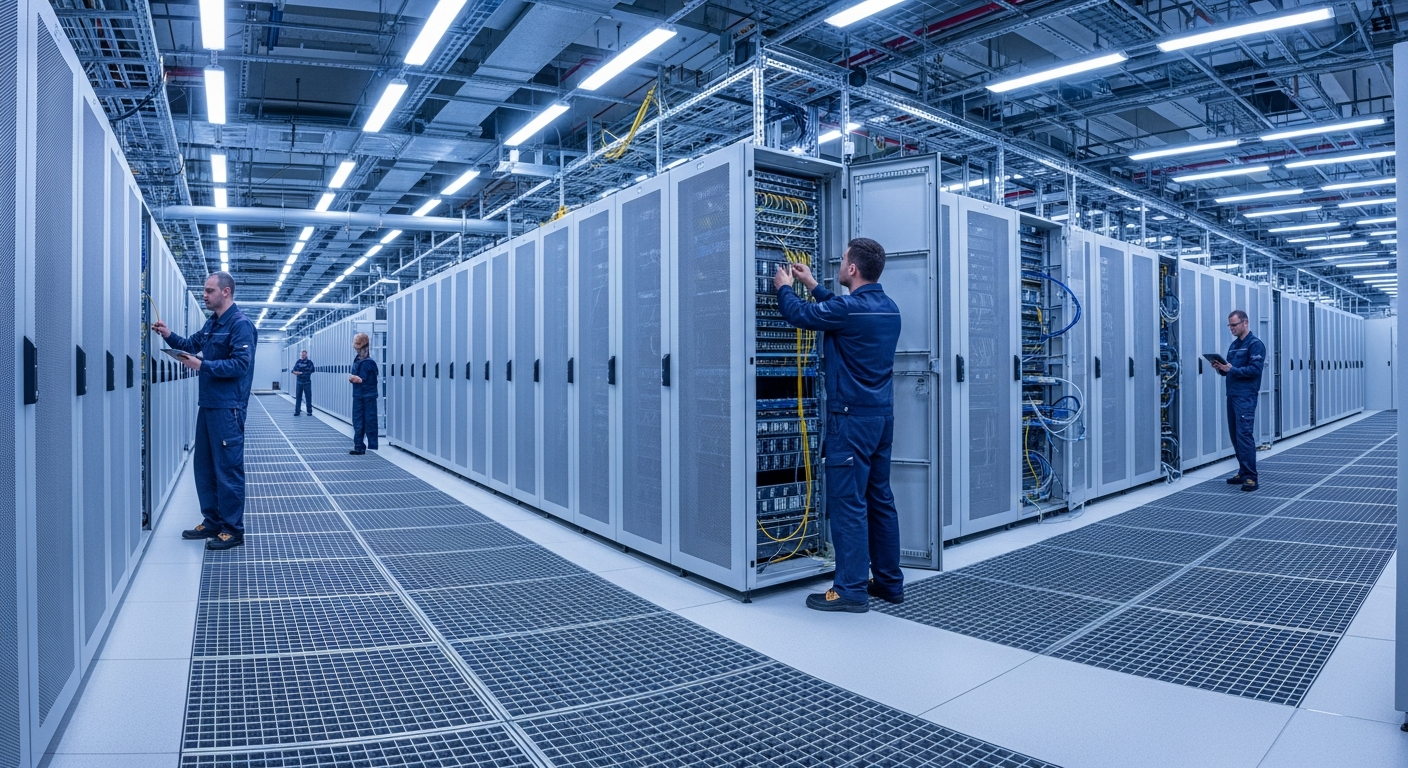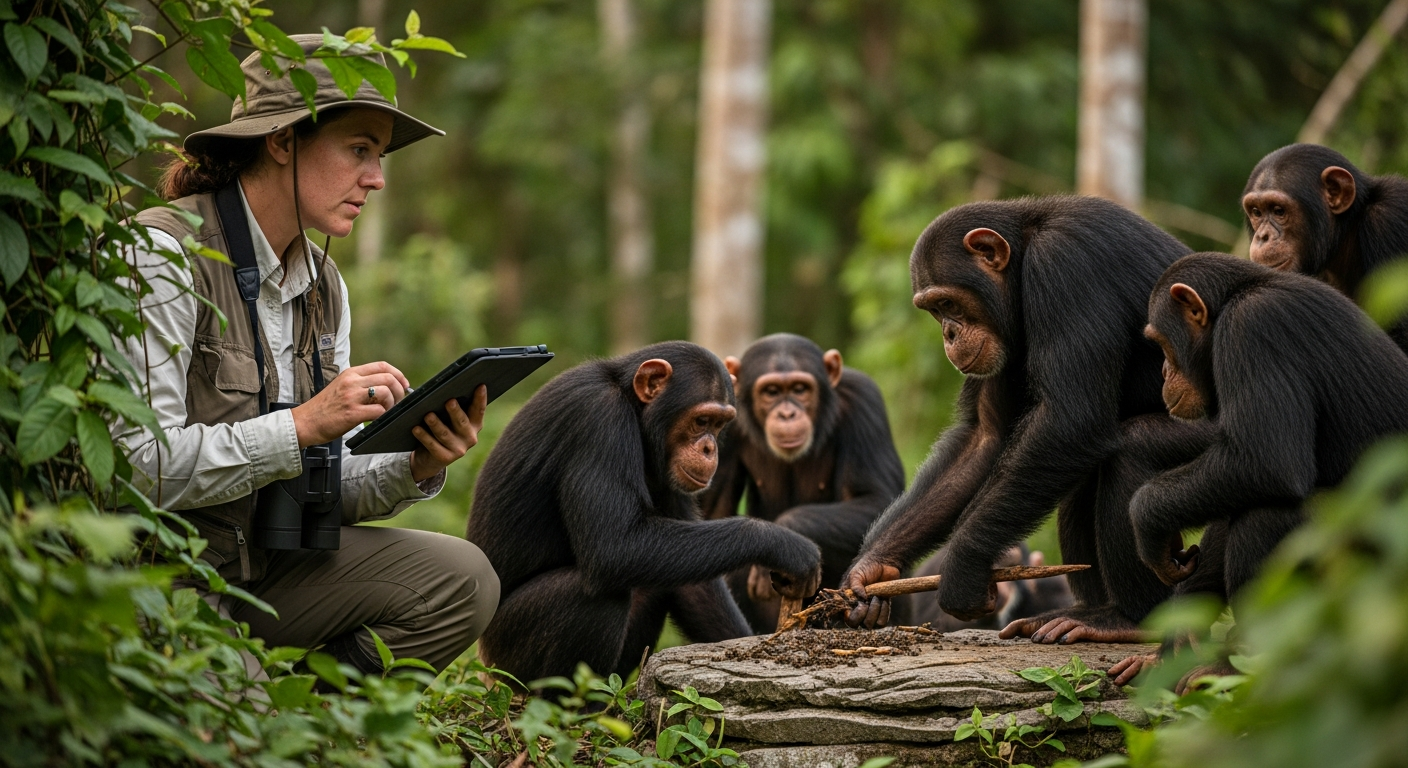Title: Legal Implications of Synthetic Biology: Navigating Uncharted Waters
Introduction: As science propels us into an era of unprecedented biological manipulation, synthetic biology emerges as a frontier that challenges existing legal frameworks. This groundbreaking field, which involves redesigning organisms for useful purposes, raises complex questions about regulation, ethics, and intellectual property. Our legal systems now face the task of adapting to a world where life itself can be engineered.

Regulatory Challenges in a New Scientific Landscape
The existing regulatory landscape for biotechnology, primarily developed for genetically modified organisms (GMOs), proves inadequate for the complexities of synthetic biology. Unlike traditional GMOs, synthetic organisms may have no natural counterpart, making risk assessment and containment strategies more challenging. In the United States, the Coordinated Framework for Regulation of Biotechnology, established in 1986, struggles to address synthetic biology’s unique aspects. Regulatory agencies like the FDA, EPA, and USDA find their jurisdictional boundaries blurred when dealing with synthetic organisms that don’t fit neatly into existing categories.
Intellectual Property: Patenting Life’s Building Blocks
Synthetic biology pushes the boundaries of what can be patented, reigniting debates about the patentability of life forms. While the landmark case Diamond v. Chakrabarty (1980) established that genetically modified organisms could be patented, synthetic biology introduces new complexities. Can entirely synthetic genomes or novel biological systems be patented? How do we balance innovation incentives with concerns about monopolizing fundamental building blocks of life? These questions challenge patent offices and courts worldwide, potentially reshaping intellectual property law in the biological sciences.
Biosecurity and Dual-Use Concerns
The power to engineer biological systems brings with it significant biosecurity concerns. Synthetic biology could potentially be used to create dangerous pathogens or bioweapons, raising alarm among security experts and policymakers. Legal frameworks must evolve to address these dual-use concerns, balancing scientific freedom with national security. The Biological Weapons Convention, while prohibiting the development of bioweapons, lacks robust verification mechanisms for emerging synthetic biology technologies. New legal instruments may be necessary to govern the creation, use, and dissemination of synthetic biological agents.
Ethical and Social Implications: Crafting a Legal Response
As synthetic biology blurs the line between natural and artificial life, it raises profound ethical questions that demand legal consideration. Issues of bioethics, environmental impact, and social justice come to the forefront. How do we ensure equitable access to synthetic biology’s benefits while mitigating potential risks? Legal frameworks must address concerns about creating artificial life forms, the potential for enhancing human capabilities, and the ecological impact of releasing engineered organisms into the environment. These ethical dimensions require a multidisciplinary approach, integrating insights from science, philosophy, and law.
International Governance and Harmonization
The global nature of scientific research and biotechnology markets necessitates international coordination in regulating synthetic biology. Different countries’ approaches to regulation, intellectual property, and ethical oversight create a complex landscape for researchers and companies operating across borders. Efforts to harmonize regulations, such as the Cartagena Protocol on Biosafety, provide a starting point but require expansion to fully address synthetic biology’s unique challenges. Developing international legal frameworks that balance innovation, safety, and ethical considerations remains a critical task for the global legal community.
Conclusion: Adapting Law to a Synthetic Future
As synthetic biology continues to advance, the legal system faces the monumental task of keeping pace with scientific innovation. The challenge lies not only in creating new laws and regulations but in developing flexible legal frameworks that can adapt to rapidly evolving technologies. Balancing the potential benefits of synthetic biology with necessary safeguards requires ongoing dialogue between scientists, policymakers, ethicists, and legal experts. As we navigate these uncharted waters, the legal response to synthetic biology will play a crucial role in shaping the future of biotechnology and its impact on society.






